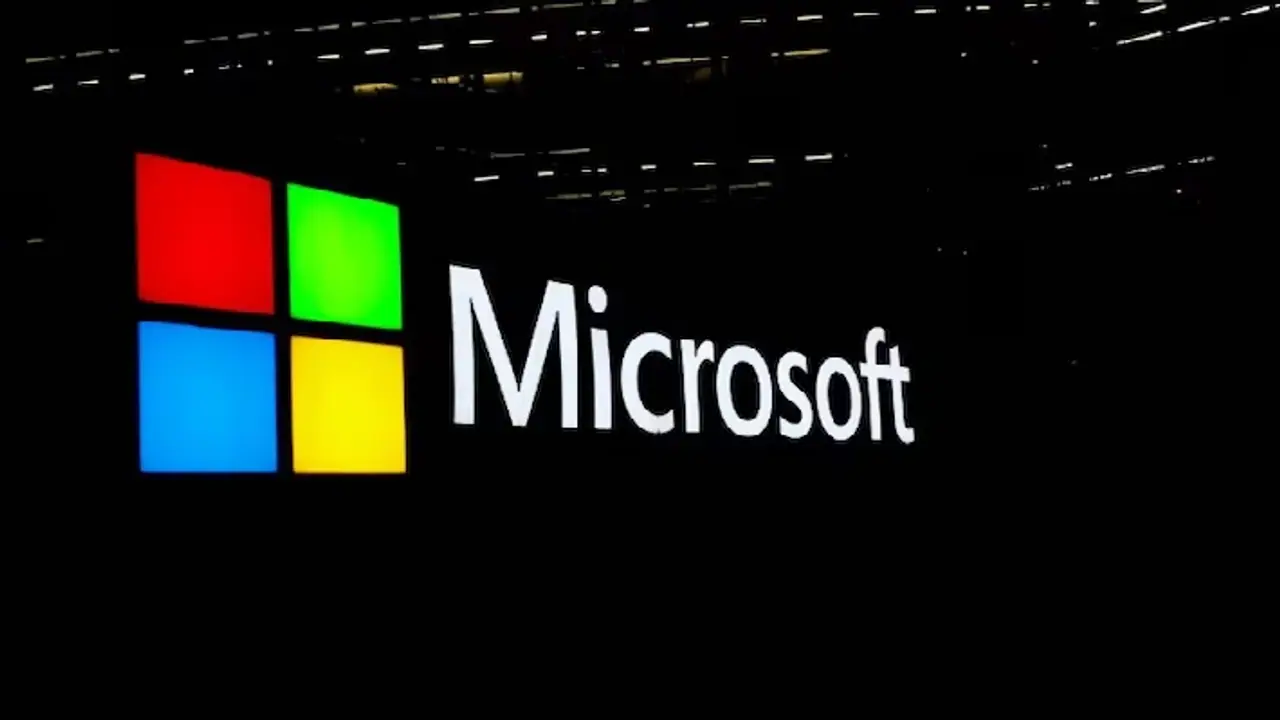Microsoft is reportedly planning another round of layoffs nearing the end of its fiscal year 2025, potentially impacting thousands of employees, particularly in sales.
As Microsoft nears the end of its fiscal year 2025, it is apparently getting ready to lay off another number of employees, indicating a new phase of corporate reorganisation. The Bloomberg-cited sources state that thousands of positions would be affected by the layoffs, with the sales section receiving special attention.

The timing fits with the corporation's long-standing practice of reducing staff and reorganising operations around the end of each fiscal year, which concludes this year on June 30. However, the decision has not been officially acknowledged by the company.
The upcoming layoffs, if they are carried out, would come shortly after Microsoft made a large personnel reduction in May, eliminating nearly 6,000 jobs, or roughly 3% of its global workforce. Numerous departments were impacted by the last wave, including marketing, customer service, and engineering, according to reports.
As of June 2024, the Redmond-based company had about 2,28,000 employees, and its labour size had not changed much from year to year. With 45,000 workers, the company's largest division, sales and marketing, trailed only operations (86,000) and product research and development (81,000).
Although Microsoft has not yet made a clear connection between its recent layoffs and its increasing investment in AI, analysts think that the company's workforce vision may be changing as a result of the continuous transition to AI-led automation. According to a new internal research study released by Microsoft, leaner staffing models may be in store as smaller, AI-assisted teams become the standard in a number of industries.
This trend of restructuring is part of a larger trend in the tech sector, where businesses are depending more and more on generative AI and large language models to increase productivity, optimise workflows, and lessen reliance on traditional human-heavy roles, especially in administrative, customer service, and sales roles.
Because of its multibillion-dollar relationship with OpenAI, Microsoft is a major player in the AI arms race. Over the past year, the company has been integrating AI into all of its products, from Azure and Microsoft 365 to its Copilot productivity assistant. Although these solutions are marketed as consumer value additions, they could also help the business change its staff structure more subtly.


